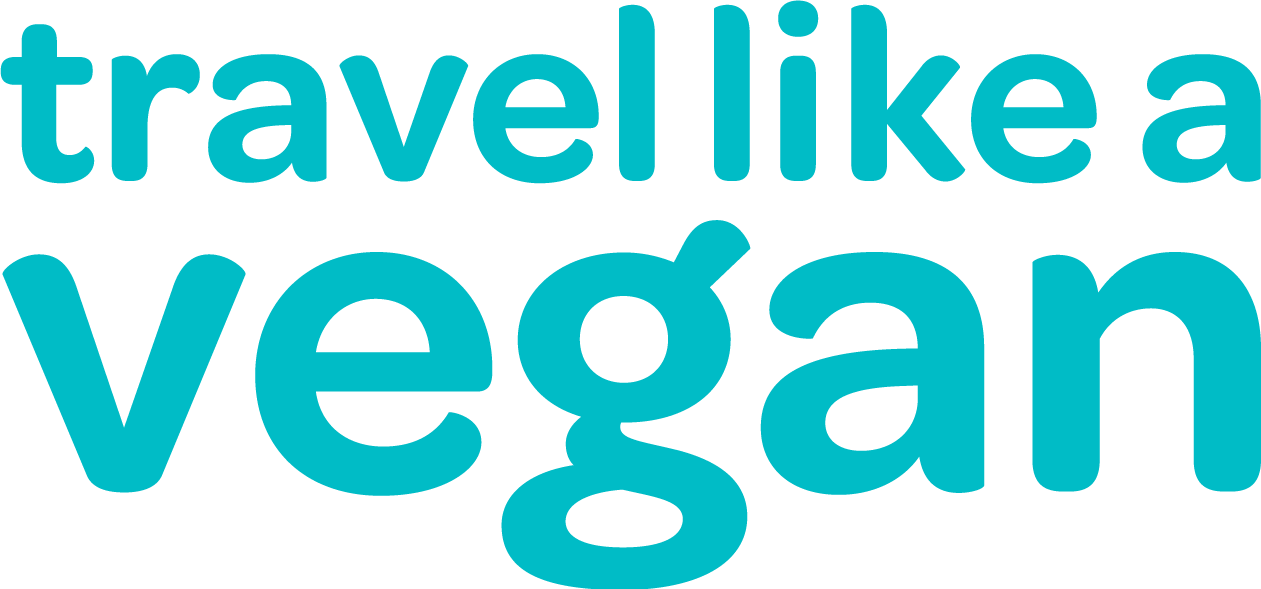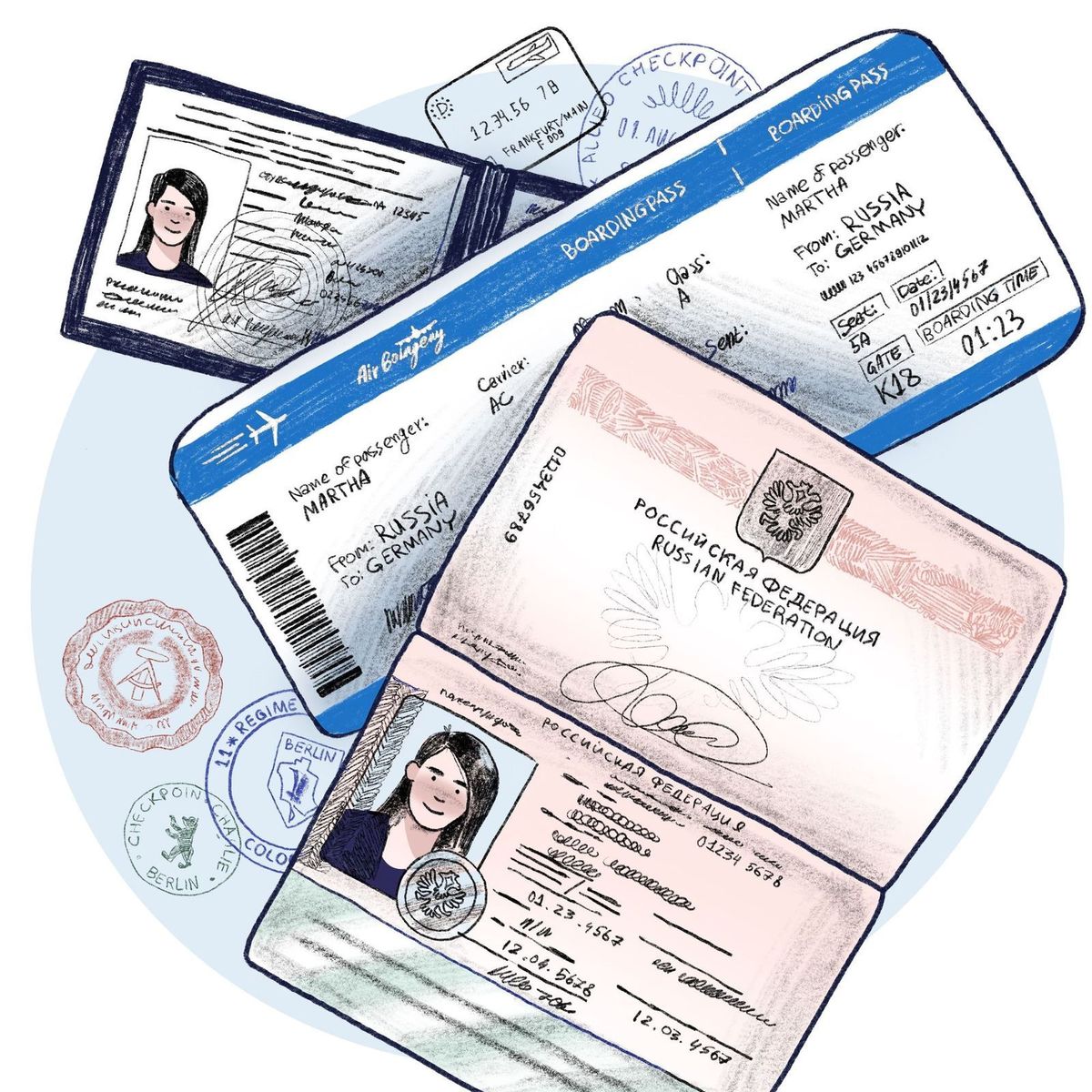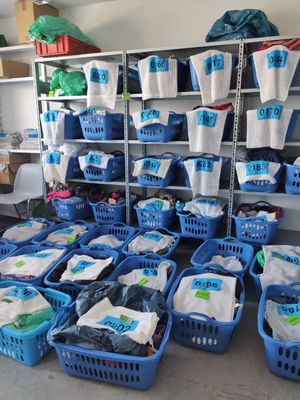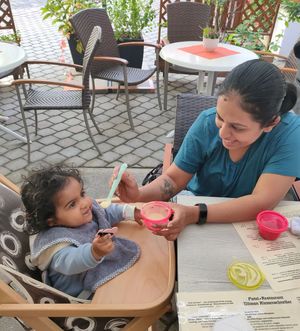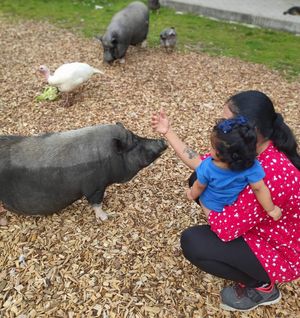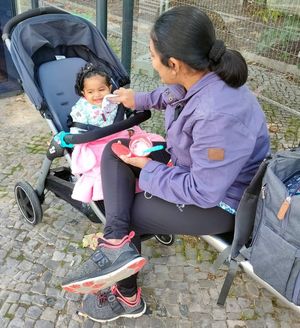Arina, a media manager at Travel Like A Vegan, did a short interview with her German tutor, Marfa, who is in the middle of applying to a German university.
Tell us about your experience applying to a university in Germany. When and how did that idea come to you?
— I got this idea in 2016, when I was in 5th grade, and we started learning a second foreign language at school. During the first parent teacher meeting our teacher inspired the whole group by saying that we could go study in Germany for free if we knew the language. Back then it seemed like an unattainable dream. I started actually considering it seriously in 8-9 grade when my German was at a high level and it would have been a shame to lose this skill during university.
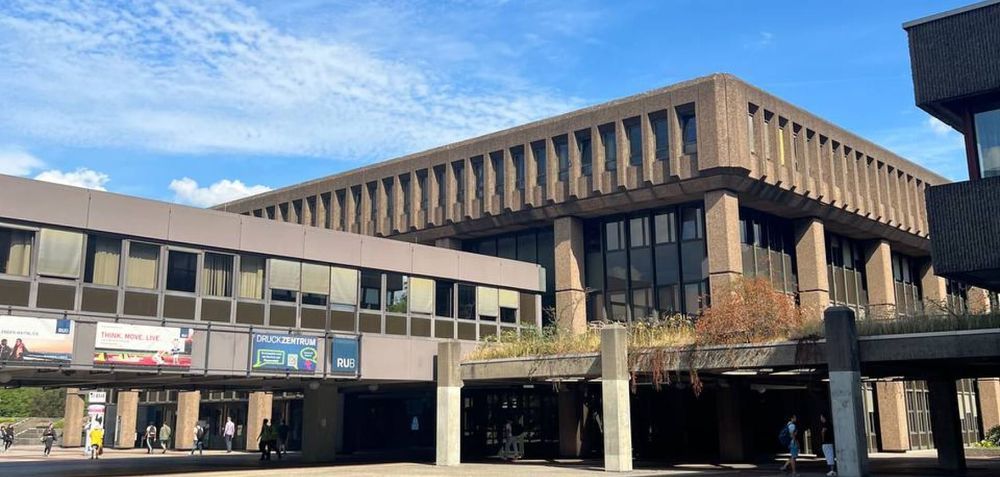
Why Germany?
— That was a complete coincidence. My school just literally hammered German into my head in 3-4 years. It could have easily been France instead if I had ended up in the French study group in middle school.
Later I realized that not everything is as easy. In order to move to the US or England you would have to be a hardworking genius and get a scholarship or pay an amount of money my family never had. Russia is the same: you either get good national exam results and extracurricular work and you’re welcome to study for free or doomed to pay expensive tuition. And I did not want to study in a no-name university — I am ambitious after all!
Germany is a great combination of everything: inexpensive tuition (just a semester fee), no need to know everything about anything to get in, a requirement of language knowledge which I luckily knew, and, as a bonus, an opportunity to travel around Europe and live away from my parents only at 17-18 years old. It is the perfect option.
What was the application process like? What documents did you need to get and what fees did you need to pay?
— In my case getting the documents ready was easy: I applied through the “Study Bridge Germany” program (Studienbrücke Goethe Institut). It cost 100 000 rubles and it was worth every ruble! All I needed to do was get 16/20 on TestDaF and 100/130 on each of the two modules of TestAS. These grades are your golden ticket.
What even is the “Study Bridge Germany” and those tests?
““Study Bridge Germany” is a programme designed for pupils, who have achieved excellent marks at school in science, technology, engineering and mathematics (the STEM subjects) and who have a command of German. It gives them linguistic and subject-matter-specific language preparation for studying in Germany and introduces them to the teaching and learning culture in Germany.” - Goethe Institut’s official website.
TestDaF is a German language exam, while TestAS is the main graduation exam plus an exam in your chosen major.
The Studienbrücke is great and simple. There you will get acquainted with the university and, most importantly, will start your first year in uni right after 11th grade. So there will be no need to go to a StudienKolleg (12 year of school based on the major of your choosing) or study in Russia for another year only to reapply to Germany. The trick is to pass these exams. You pass - willkommen (ger. - welcome), you do not — there is nothing you can do, you have wasted your money. The good news is that the program is available for a whole year after 11th grade so you can apply later on. It’s also quite easy to drop out of the program if you do not complete your tasks.
At the same time getting into a university is quite difficult: you need a good portfolio, motivational letter, and to complete an interview in Russian and German, which is actually easier than it’s usually described.
Then, you will get access to an online form for your application. Everything is very simple: you need to fill in a form, upload your documents and certificates. However, I faced a problem. Unexpectedly, I needed to write out my biography in German. I was not prepared for that, had to write it out on a tight schedule, and was very afraid to make a mistake.
Lifehack: when applying to Germany, it’s better to write out your biography in advance. It’s often required both for the visa and the university application.
Then, after about 10 days, I got an invitation letter from the university.
How did you learn German?
Learning it is a part of my soul. It’s what I think of when I remember my school years. I had a very strict teacher and would sit at my homework all through midnight. At the same time I had some fun times with it too: we went to Austria and Germany with friends, walked around together. My teacher became like family to me and the members of the study group became my best friends.
Of course, when I teach German now, I am not strict with my students because I work with adults often older than me. That soviet style of teaching was justified, though, because it worked really well on us as 12-year-olds.
All in all, I recommend everyone to at least try to learn another language because the emotions you get, when you go from not understanding anything at first to then speaking freely, are really priceless. And that’s saying nothing about the opportunities that kind of knowledge opens. I did study for a long time though: to go from 0 to C1 I needed 5 years.
How did the Russian “special military operation” in Ukraine affect your plans?
It affected them quite drastically.
Papier test DaF, which is the opportunity to take the exam in person, became unavailable in Russia. Now you can only take it online which completely changes the experience and the tasks you will be offered.
We were notified of this change a week prior to the exam so those who knew German worse and were planning to write DaF in April of 11th grade, had to face this complication. They got a completely different exam without any preparation. Because of this, many people were not able to get in this year.
There were some difficulties with the AS exam, held on the 22nd of February, as well. A lot of people I know, me included, got a 99. I just couldn’t believe it! That one point determines your whole life. Thankfully, later, the AS test returned to its normal state and many people passed it in April or May. For those who were applying abroad the two months of February and March were very strange, nobody knew what was going on. What to do? Where to run? Everyone was on edge. So the “military operation” really affected applicants psychologically.
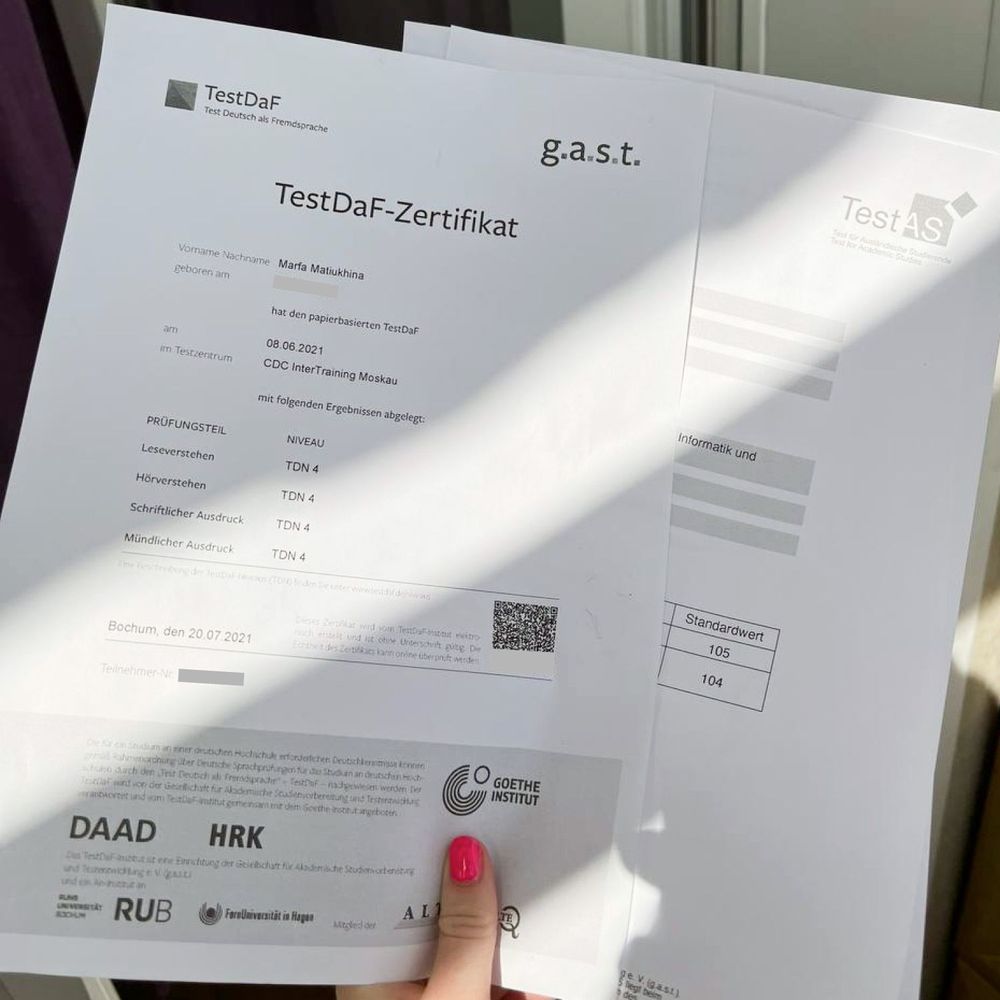
What was the problem with the AS test though? Why did so many people get 99 points? Was it, perhaps, a mistake of the exam authors? Or the examiners? I don’t really understand what “returned to its normal state” means.
It wasn’t a mistake. Many people plainly didn’t get enough points and were scared that they wouldn’t get a chance to take the exam again since taking the DaF exam in person stopped being available and both exams are held by the same organization. However, both the DaF and the AS are still available.
And how are you now? What are you doing? How are you preparing?
Right now I am still in Russia. I am waiting for my visa. I hope it goes through, they should reply any minute now.
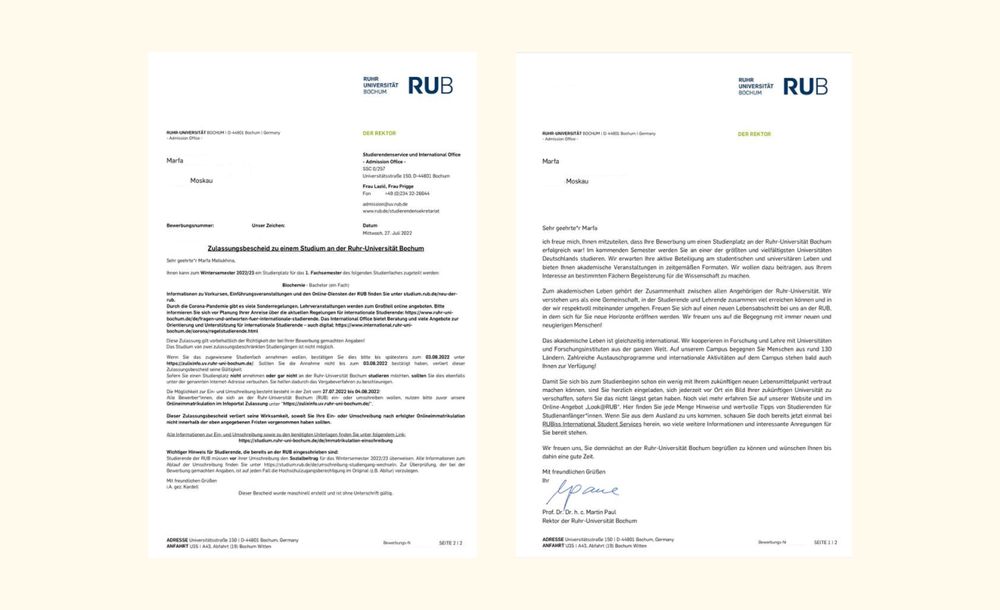
There are a few other things as well. When I got the invitation, I registered with a university in Germany. This process is called “immatrikulation” in German.
I am waiting for an answer from the dorms. The moment I get to Germany, my insurance will become active. I will go to the international student office to get all of the documents, my student ID, and move into the dorms. I’ll have all September to do that. First introductory classes will start on the 30th of September and the official beginning of the semester is on the 10th of October.
This article was written in the middle of July of 2022. Now Martha is already attending her first lectures.
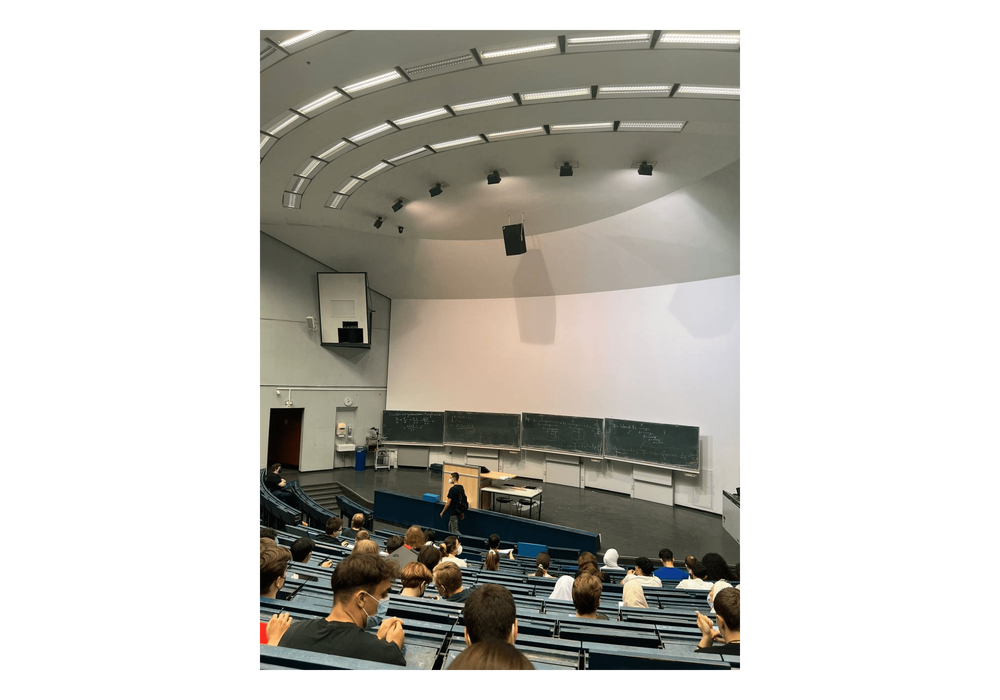
Martha also promised to tell us about what studying and living in Germany is like in a year or so.
If you or your friends have had experiences with studying abroad — be it courses, universities, internships or anything else — be sure to send your stories to our media manager at arina.zh@veganrussian.ru and we will contact you!
Translated by: Sofya Pervukhina
Design and layout by Liuba & Arina
